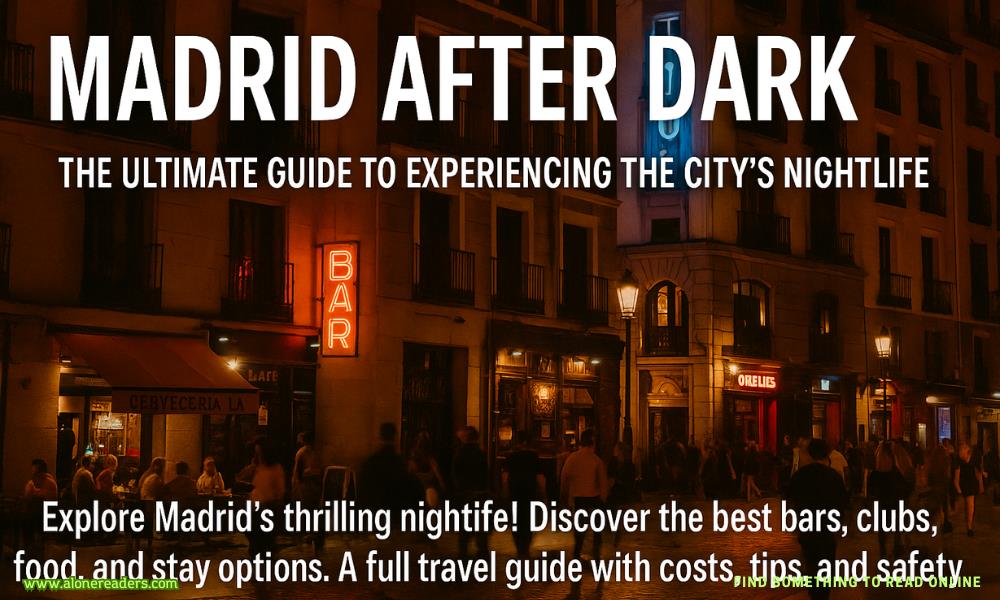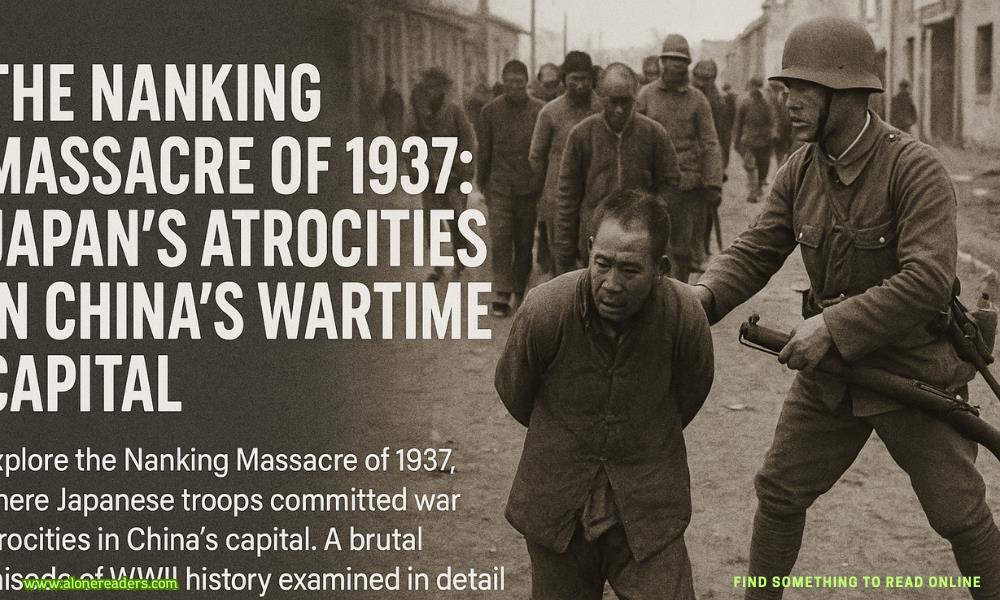Page 45 of Aftertaste
They’ve become ghosts.
Hangry Ghosts.
(Try not to laugh, okay? It really isn’t funny.)
Hangry Ghosts are soulless things with torment in their eyes. Grief for the incarnations they’ll never get to live. Cravings for the satisfaction they’ll never feel again. Fury, at the way they’ve been bound. They are cold, and dark, and desperate. Scared. Impulsive. Violent, too. Powerful enough to rip anyone who gets too close to shreds. If they were ever to get out, the Hangry Ghosts could tear the veil between the Living and the Dead apart. And they would, too. They’d go to any lengths to try and sate their urge. Which is why the Hall locks them away.
It isn’t fair, not really, what happens to them. What’s happening to you.
It reminds you of your dad, of how he got when his depression hit. All the joy sucked away. Hollow and drowning and unwilling to swim until the moment when he snapped, a pin from a grenade.
You refused to live that life. You didn’t want it. It’s the whole reason you chose death. Because you’d been diagnosed with what he had.
But now you might contract it anyway. For all eternity. With no way out this time.
Well screw that, you decide.
JUST DESSERTS
IN THE MORNING,still intoxicated—his liver and his mind—and hoping it wouldn’t be an absolute creeper move if she woke up and caught him, Konstantin watched Maura sleep. It was like staring into the sun—mesmerizing, blinding, an image with an afterburn.
Her hair glowed against the pillowcase, pooling like spilt ink. He wanted to bury his face in it, to breathe in the scent of what he imagined would be sugared violets, grape soda, blackberry jam. Her roots, up close, surprised him; they weren’t bleached white but grew in that way, as if the shock of something had blanched her follicles.
Her eyeliner was smudged, everything softening in the dusty light. Her mouth was smudged, too, last night’s lipstick faded, patches of it smearing her pillow.
Her skin was dotted with constellations, so many marks he hadn’t noticed in the dark. She had a tattoo on her collarbone, a tiny skull. Another on her shoulder, beneath a thin slip of plastic, raised and red around the edges—Cal’s work from yesterday—the wordsMemento Moriin slender black strokes. A larger, more elaborate design that began just beneath her breasts and curled down her side toward her left hip—a skeleton hand holding three cards: Death, The Lovers, The World. There was a galaxy of frecklesacross her waist. A small, straight appendectomy scar. Another series of tattoos on her thigh—three jagged strokes of ink in ballpoint blue, as if she’d done them herself—like a tally being kept.
Maura shifted in her sleep and Kostya caught sight of her forearm, her wrist, drank in the scars there for a long time. A failed attempt to meet her maker. He wondered why, and then, like a cord being pulled, an answer spread across his tongue.
A candy cup so soft it barely qualified as chocolate, warmed and half-melted in someone’s hand. Peanut butter so sweet it hurt his teeth.
“Hey, stranger.” Maura stirred awake then, smiled.
“Morning.” He grinned back, the taste of Reese’s circling his mouth.
“How’s your arm?”
“Never better.” It felt like the flesh was congealing, actually, but who needed arms?
“I’m glad.”
“What time is it?”
“Time is a construct.” Maura felt around on the nightstand. “But in this reality? Ugh. Six thirty. Whoops, this one’s yours.”
She handed him his phone, which displayed (5) missed calls from some 917 number. He flicked it off silent.
“So, you really a chef? Or was that just a line to get me into bed?”
“Hey, you tookmehome. But I am a chef. At least, I was. My place—my supper club—it shuttered.”
“Bummer. Sorry to hear that.” She sat up, pulled a T-shirt on. “But my kitchen’s still open, and I’m starving. Coffee first. And then, Chef, come show me whatcha got.”
HER KITCHEN WASa disaster. Instead of utensils, one whole drawer housed restaurant matchbooks, half of them from places that had been closed for years. She owned only one frying pan and every knife in hercollection was dulled to the point of futility. Her oven—this really took the cake—was storage, but not for shoes or sweaters or any of the other things New Yorkers lacking space might put in there. It held a laptop, two landline phones (Did we time warp to 1999?), and a half-dozen paperback editions ofChicken Soup for the Teenage Soul.
“That stuff’s for work!” she said defensively.
“What, for a junkyard?”
- Lily and the Duke by Carole Mortimer
- Claimed By Daddy by J.L. Quick
- Room One Hundred and Twenty-Five: All Access by Layne Daniels
- Pleasing Him by S.E. Law
- Knocked-Up Bratva Bride by Veda Rose
- A Touch of Fate by Cora Reilly
- Tamed By A Knight by Lena Little
- Forced & Knocked-Up Bratva Bride by Lexi Carter
- Forced Innocent Bride By the Bratva by Lexi Carter
- Chain Me by Bianca Cole
- Dirty Little Sinner by Samantha Barrett
- Sinister Promise by Zoe Blake
- Black Flag by Shey Stahl
- Happy Hour by Shey Stahl
- How to Deal by Shey Stahl
- Love Complicated by Shey Stahl







